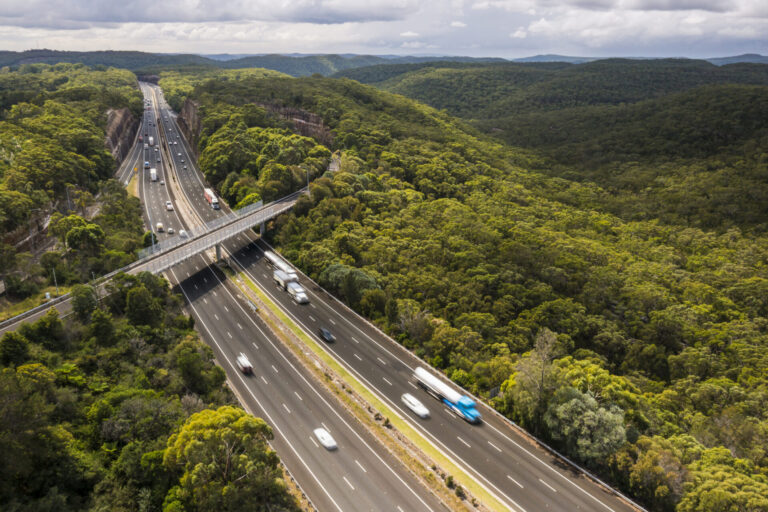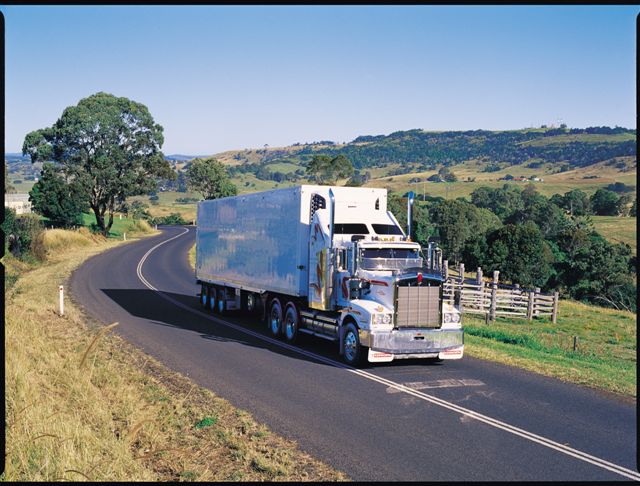Voluntary guidelines for the way stevedores impose new landside port charges need to be mandated to give the heavy vehicle industry greater cost certainty, the National Road Transport Association (NatRoad) said today.
Commenting following the release of the Australian Competition and Consumer Commission ( ACCC )’s latest Container Stevedoring Monitoring Report, NatRoad said it was time the guidelines – drafted by the National Transport Commission with industry input – became law.
“Landside fees are rising too fast but we at least want some warning of increases so members can negotiate with their customers,” said NatRoad CEO Warren Clark.
“We especially want the voluntary guideline requiring stevedores to give 30 days’ notice of any increase in landside fee or charge before it is implemented to become law.
“Sixty days’ notice already operates at Port Botany so let’s make it uniform across the board.”
Mr Clark said NatRoad was concerned that some stevedores are actively discouraging High Productivity Vehicles by charging greater fees for deliveries by ‘long vehicles’.
“It’s our view that the range of so-called ‘novel’ fees are punitive for events like delayed or absent pickups, with one jumping by about 50 percent since 2020.
“We certainly take issue with the ACCC statement that ‘given stevedores provide landside services to transport operators, it is efficient for the stevedores to levy fees and charges on transport operators for those services providing that they are not excessive’.
“Feedback from my members and noted by the ACCC, is that delays in unloading containers at terminals and delivering empty containers to empty container parks have worsened.
“Idle time, missed slots and the need to work outside of standard hours can all result in penalty fees or increased staffing costs.
“It’s time we took ever increasing, opportunistic costs out of the supply chain and ports are a major pain point as the country struggles to drag itself out of the pandemic.”



